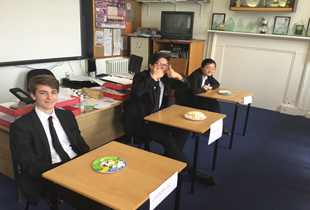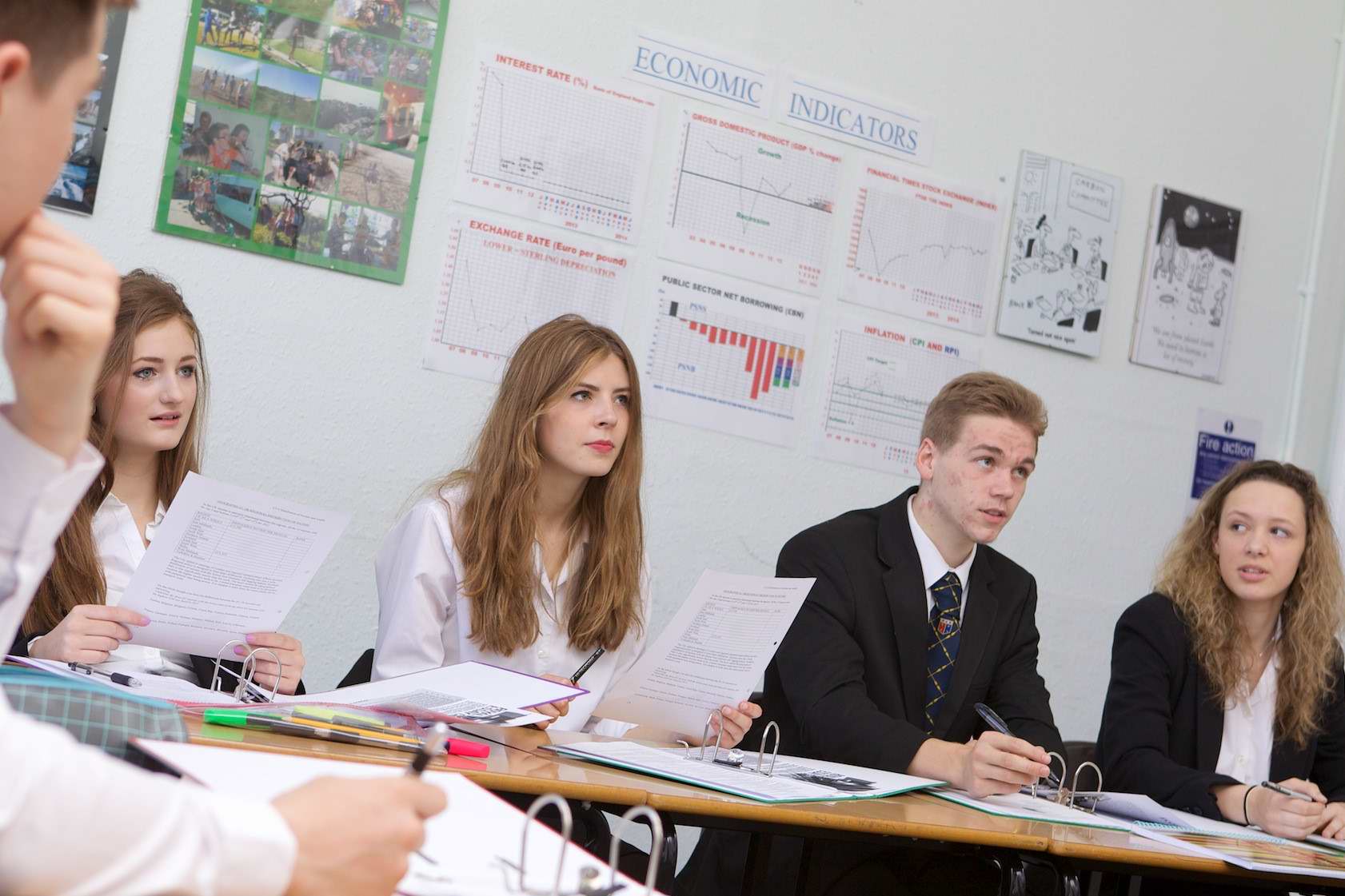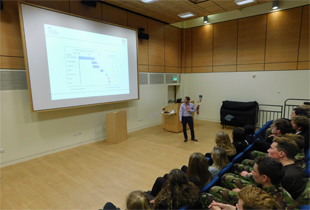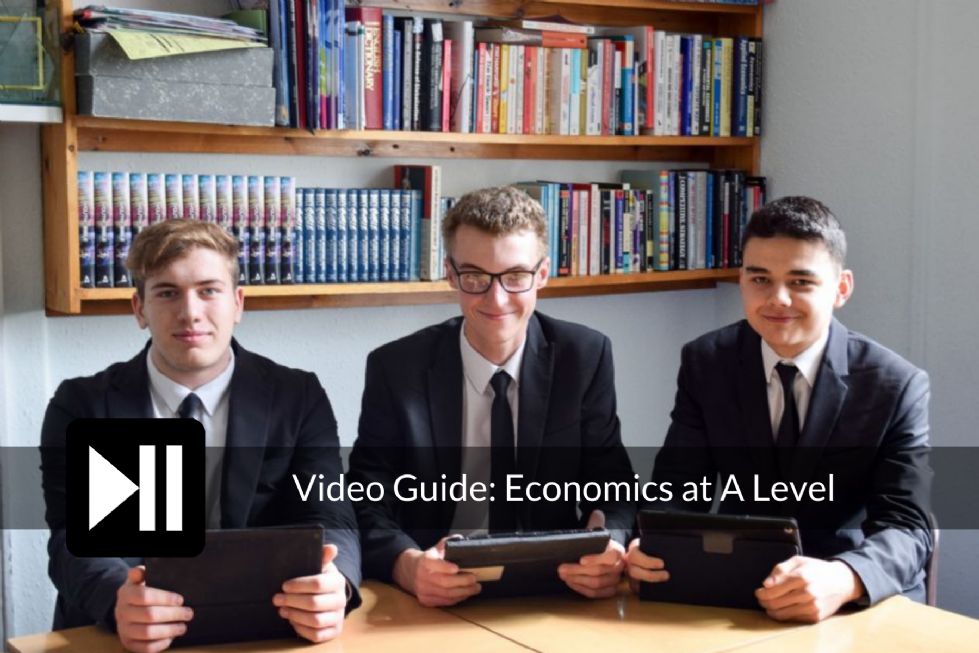Economics




Departmental Staff
Curriculum
Sixth Form – A Level optional subject
Economics sheds a fascinating light on incentives that drive individual, business and government behaviour, which determines how well-off people and nations are. If you are interested in how people and businesses make decisions and how government can influence these, then Economics is a good choice for you. Economics studies how people and firms use and abuse the limited resources available and is at the heart of the big choices that society makes.
The course includes topics such as:
- How prices are set e.g. oil, wages, and housing
- How people behave e.g. why they may not always act rationally
- Why some nations are richer than others
- How national shocks spread globally
- Why governments change taxes and how this affects unemployment, inflation etc.
We will examine why people behave as they do and how they can be persuaded to change, for example by high taxes on petrol or making recycling bins larger that non-recycled ones. Financial issues are also central to the course, and we look at topics such as the cost of living crisis and ways to generate high national income.
It is important that you keep up with the news as we will be relating economic theory very closely to unfolding world events such as global warming, obesity crisis, rising government debt following Covid and the outworking of Brexit. We will consider the merits of policy solutions to each of these problems and you will develop the ability to express an opinion and justify it with a logical argument.
Beyond the classroom: Extend your learning in economics by taking part in the trading competition, the BASE competition and by attending our after-school talks.
- View our Sixth Form Prospectus
Extra-Curricular Activities
- Many of our students choose to participate in the Peter Jones Young Tycoon scheme. We have an excellent track record of producing successful in entrepreneurial competitions.
- Our students run our Economics Society in which they explore exciting economic issues.
Regular Trips, Visitors and Competitions
- We enter the BASE competition and have been to the National Finals three times, most recently winning the Adaptability Award in 2019.
- Our students have the opportunity to enter the Royal Economics Society Young Economist of the Year competition.
- We enter the IEA Budget competition, making proposals as to the level of taxation and what the government spending priority should be.
- We run regular trips to The Bank of England, Lloyds Insurance and Jaguar LandRover.
